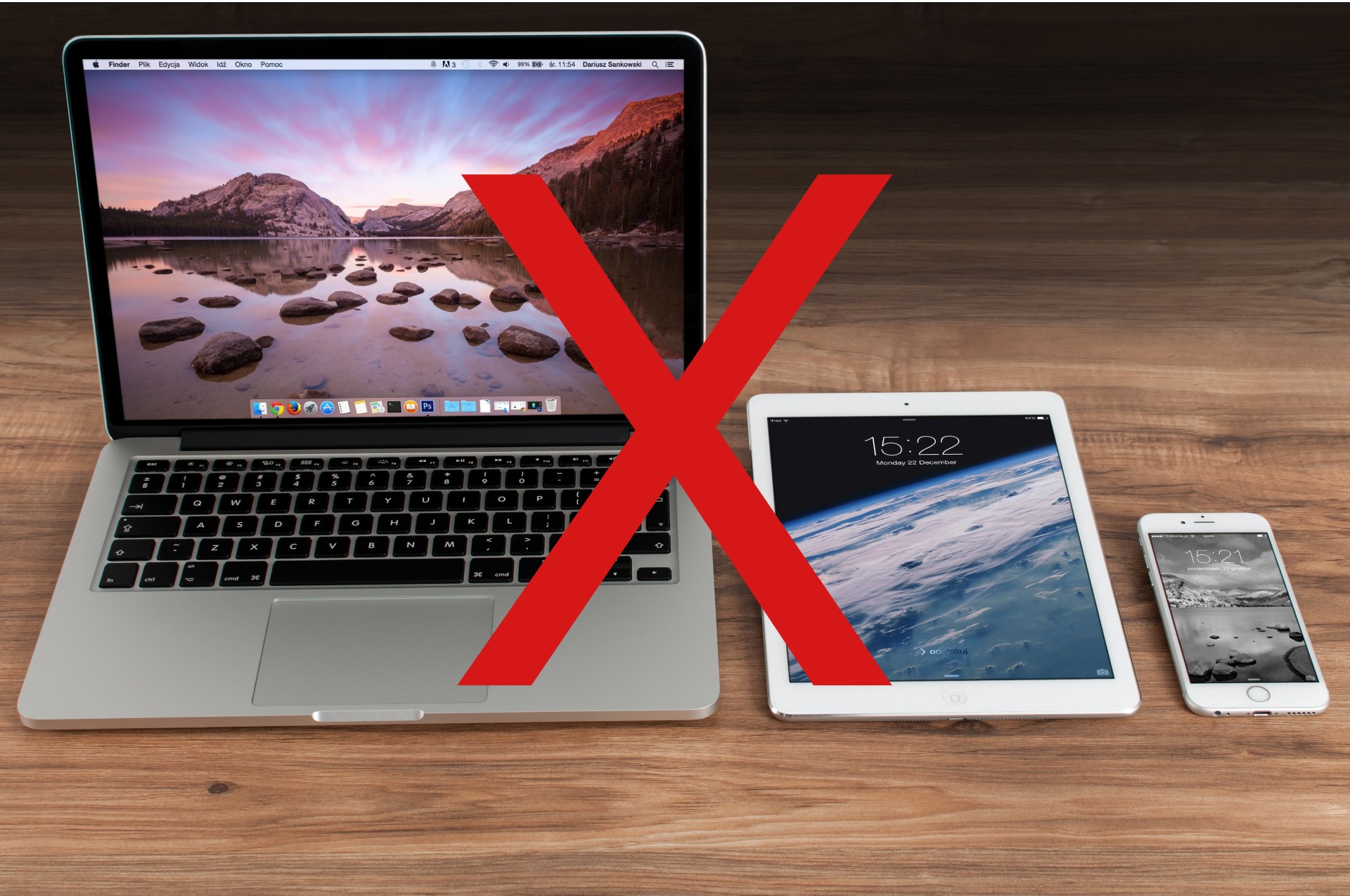 A recent National Institute of Health review about the effects of screen time on the adolescent brain provides some sobering information: 1) frequent use of screen time relates to less efficient cognitive control 2)repeated screen time amplifies the need for short-term gratification 3) neuroscientific research necessary to understand the underlying causes is still at the beginning. Excessive use of digital devices has a detrimental effect on brain development. “Those iPads, smart phones and Xboxes are a form of digital drug. Recent brain imaging research is showing that they affect the brain’s frontal cortex—which controls executive functioning, including impulse control—in exactly the same way that cocaine does.”
A recent National Institute of Health review about the effects of screen time on the adolescent brain provides some sobering information: 1) frequent use of screen time relates to less efficient cognitive control 2)repeated screen time amplifies the need for short-term gratification 3) neuroscientific research necessary to understand the underlying causes is still at the beginning. Excessive use of digital devices has a detrimental effect on brain development. “Those iPads, smart phones and Xboxes are a form of digital drug. Recent brain imaging research is showing that they affect the brain’s frontal cortex—which controls executive functioning, including impulse control—in exactly the same way that cocaine does.”
According to a 2013 Policy Statement by the American Academy of Pediatrics, 8- to 10 year-olds spend 8 hours a day with various digital media while teenagers spend 11 hours in front of screens. Six years later, a Harvard pediatric researcher commented, “The growing human brain is constantly building neural connections . . . Much of what happens on screen provides ‘impoverished’ stimulation of the developing brain compared to reality.”
Jeff Bezos, CEO of Amazon, has a foundation called Vroom that addresses this digital problem. The foundation report found that screen time is no substitute for one-on-one spoken interaction and play that nurtures babies’ language development. Rather than plopping a digital device into a baby’s hands, parents should read to them or engage them in conversation. Susan Neuman, Professor of Early Childhood and Literacy Education at New York University, said that starting to read books to infants and 6-month-olds enhances their language development. Neuman also explained that when a parent reads to a child, the child develops his or her literary language in addition to the colloquial language in parent-child interaction.
Nicholas Kardras, author of the Market Watch article, is a clinical psychologist who maintains that treating children and teens who have succumbed to digital addiction is more difficult than treating heroin addicts. Parents need to be aware of their children’s screen use. They should set up clear guidelines that promote a healthy life that includes physical activity, positive social interactions, imaginary play, and creativity. Otherwise, we may very well have an entire generation of the developmentally delayed.

